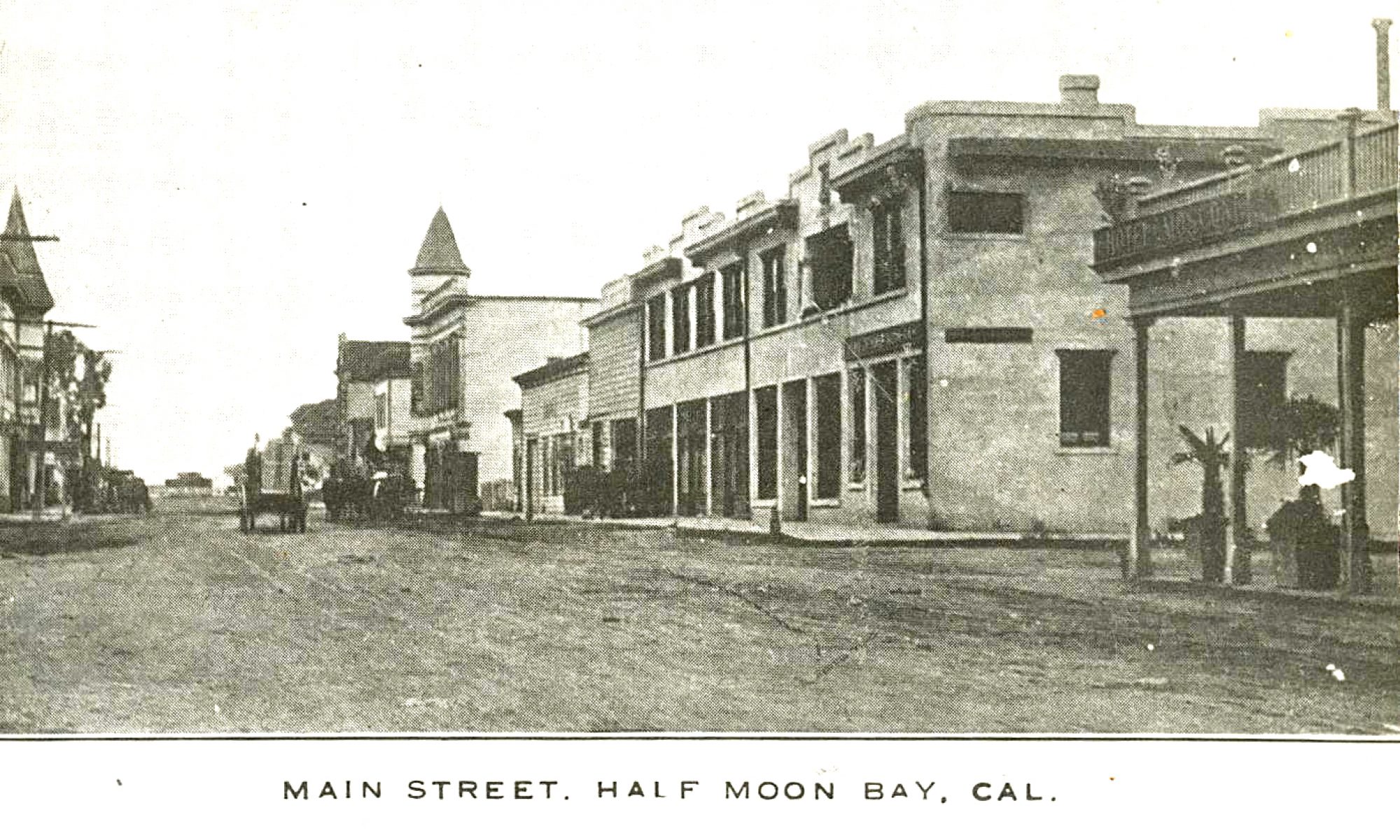
Ed Bauer moved to Half Moon Bay in 1960 where he became the publisher and editor of the Half Moon Bay Review for about 25 years.
(In 1980 I interviewed him for my documentary, âThe Mystery of Half Moon Bayâ?. Here are some quotes that did not air).
On Growth:
âThe community was essentially rural [when Ed arrived in 1960]. A rural community with an emphasis on agriculture. And it was just beginning to change from an agricultural area to a commuter or suburban area.
âWhen I came here they were building 9-10 houses a year on the whole Coastsideâthat would be from San Gregorio into Montara.
âAnd the cost of lots in Montara was from $300 to $400 which was less than the sewer assessment for the lot. So it was still pretty muchâ¦Iâd describe it s a rural area in transitionâ¦.
â…In the 1960s I made a statement that I didnât want to see Half Moon Bay become another Pacifica. We wanted balanced growth. We didnât want to see ultra-high density population and rows and rows f houses with no open space.
âWhat we were looking for was balanced growth. Thereâs enough area over here for a balance in the growth.
âI think this is what the City of Half Moon Bay has been attempting to accomplishâof having a balance between open space and housing.
âOne of our biggest concerns was the people of San Franciscoâwe could see them pouring into Pacifica which had this ultra-high population density. And, with this came problems in schools, crime, and traffic, public activities and taxes.
âYou get whatâs called a âbedroom communityâ which has an economic imbalance.
âWe want to have some agriculture. We wanted to have some fishing. We wanted to have jobs for people who live hereâ¦â?
On the Coastal Commission
âParts of coastal communities in California are exempt from the Coastal Commision: L.A., Santa Cruz, San Francisco, exempt. By political pressure they were able to get special concessions because they have more political muscle.
âThe Coastal Commission is one law for one group, another law for another group.
âHalf Moon Bay, because of the lack of political muscle, couldnât stand up to the Coastal Commission the way other cities could on the coast.
âFrenchmanâs Creek is a typical example. Quite a few homes were bought by people who lived in the area, then they made a return on their houses at Frenchmanâs Creek. Some of
the very same people have gone to the Golf Links.
ââ¦I donât think Montara Mountain is going to be packed with house side-byside. I think even if the Coastal Commission hadnât been in effect, there are certain pressures operating, just like they operated against the Ocean Shore Railroad.â?

